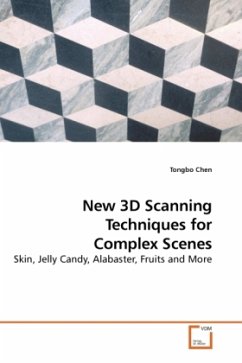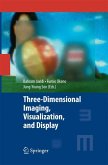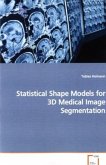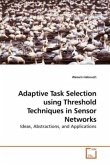This book presents new 3D scanning methods for complex scenes, such as surfaces with fine-scale geometric details, translucent objects, low-albedo objects, glossy objects, scenes with interreflection, and discontinuous scenes. Starting from the observation that specular reflection is a reliable visual cue for surface mesostructure perception, we propose a progressive acquisition system that captures a dense specularity field as the only information for mesostructure reconstruction. Our method can efficiently recover surfaces with fine-scale geometric details from complex real-world objects. Translucent objects pose a difficult problem for traditional optical-based 3D scanning techniques. We analyze and compare two descattering methods, phase-shifting and polarization, and further present several phase-shifting and polarization based methods for high quality 3D scanning of translucent objects. We introduce the concept of modulation based separation, where a high frequency signal is multiplied on top of another signal. This method can be used for efficient 3D scanning of scenes with significant subsurface scattering and interreflections.








